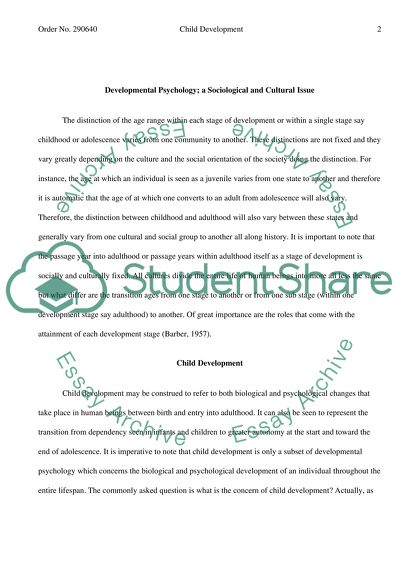Cite this document
(“How far does the development of children s theory of mind contribute Essay”, n.d.)
How far does the development of children s theory of mind contribute Essay. Retrieved from https://studentshare.org/miscellaneous/1553949-how-far-does-the-development-of-children-s-theory-of-mind-contribute-to-their-ability-to-manage-emotions
How far does the development of children s theory of mind contribute Essay. Retrieved from https://studentshare.org/miscellaneous/1553949-how-far-does-the-development-of-children-s-theory-of-mind-contribute-to-their-ability-to-manage-emotions
(How Far Does the Development of Children S Theory of Mind Contribute Essay)
How Far Does the Development of Children S Theory of Mind Contribute Essay. https://studentshare.org/miscellaneous/1553949-how-far-does-the-development-of-children-s-theory-of-mind-contribute-to-their-ability-to-manage-emotions.
How Far Does the Development of Children S Theory of Mind Contribute Essay. https://studentshare.org/miscellaneous/1553949-how-far-does-the-development-of-children-s-theory-of-mind-contribute-to-their-ability-to-manage-emotions.
“How Far Does the Development of Children S Theory of Mind Contribute Essay”, n.d. https://studentshare.org/miscellaneous/1553949-how-far-does-the-development-of-children-s-theory-of-mind-contribute-to-their-ability-to-manage-emotions.


